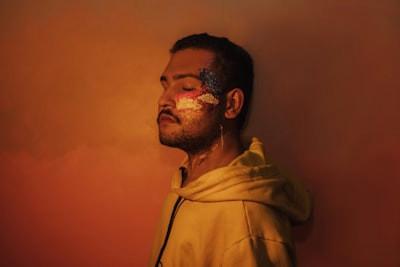Explore the World's Best Ideas
Join today and uncover 100+ curated journeys from 50+ topics. Unlock access to our mobile app with extensive features.
Nutrition advice
From all the dietary information from wellness influencers, only one in 12 recommendations is nutritionally sound.
The easiest way to sift through the bad advice is to find a certified expert.
39
339 reads
Look for the Letters
There is no certification required to call yourself a nutritionist.
- A registered dietician requires a bachelor's degree at an accredited university. A licensed dietitian will have RD, RDN, LD, LDN, or CDN after their name, depending on the state they live in.
- Holistic nutritionists do a six-month training course.
- Functional-nutrition practitioners do and 80-hour training course.
- Intuitive health coaches do a 200-hour training course
- Some well-educated experts have not followed the typical career pathway.
39
96 reads
The Athlete
If you're training at a high volume, consulting with an RD who doesn't have a sports background is not what you need as they might not understand the rigors of training for enduro races.
A board-certified specialist in sports dietetics, which requires an additional 2,000 hours of sports-specific nutrition training, has the acronym CSSD.
27
112 reads
Have a goal in mind
When you're going to see a nutritionist, you should have a goal in mind, whether that's gaining strength or losing weight.
Once you've picked a nutritionist who seems aligned with your goals, write a list of your questions and what you hope to achieve beforehand. Keep a food log, or snap pictures of everything you eat, ahead of your appointment to ensure your dietitian can get a good view of your eating habits.
39
92 reads
Watch for Red Flags
...at the first appointment with a nutritionist.
- The eliminator: Telling you that you may never eat something. It can trigger a disordered relationship with food and is not rooted in science.
- The pill popper: Be careful of anyone selling a product in addition to following their plan. The best way to get nutrients is through a varied, whole-food-based diet.
- The one-size-fits-all: Be aware of someone who likes only one style of eating, like vegan or keto. A good nutritionist will be well versed in a wide array of diet patterns.
- The therapist: If a dietician thinks you need extra help, they should be recommending another expert, not overstep boundaries.
37
81 reads
A successful first visit
A good nutritionist will go through your current diet, discuss nutrition basics, and work together to set realistic goals.
You should be able to get answers to your specific questions and a rough action plan. Expect to book a follow-up.
28
78 reads
IDEAS CURATED BY
Alexandria Q.'s ideas are part of this journey:
Learn more about health with this collection
The importance of practice and repetition in learning
How to stay motivated and avoid burnout while learning
How to break down complex concepts into manageable parts
Related collections
Similar ideas
5 ideas
A Beginner's Guide to Intuitive Eating
vitals.lifehacker.com
Read & Learn
20x Faster
without
deepstash
with
deepstash
with
deepstash
Personalized microlearning
—
100+ Learning Journeys
—
Access to 200,000+ ideas
—
Access to the mobile app
—
Unlimited idea saving
—
—
Unlimited history
—
—
Unlimited listening to ideas
—
—
Downloading & offline access
—
—
Supercharge your mind with one idea per day
Enter your email and spend 1 minute every day to learn something new.
I agree to receive email updates
